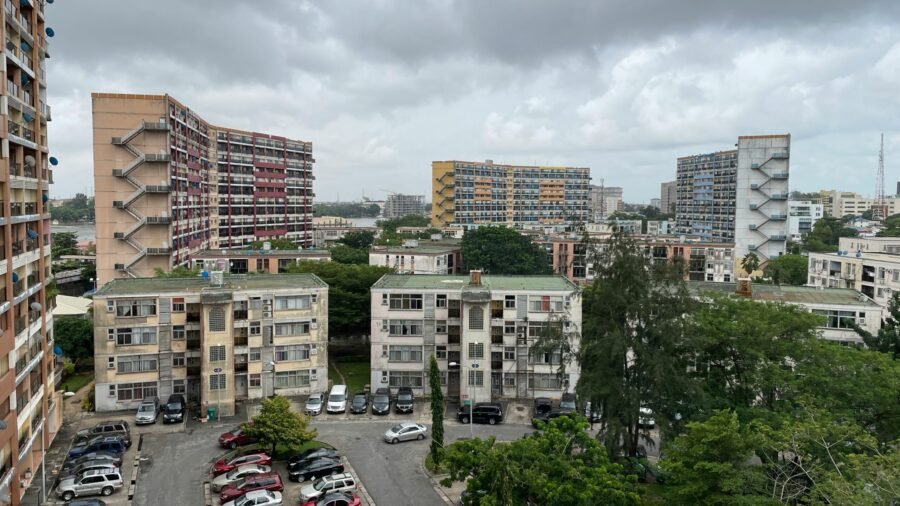Piggyvest, Africa’s largest online savings & investment platform, has released another edition of its deep dive into the financial well-being and priorities of Nigerians. The report, Piggyvest Savings Report 2024, is a part of the company’s celebration of World Savings Day. It is dedicated to reminding people to evaluate their spending, nurture savings, and work toward financial stability.
According to the report, which surveys over 10,000 Nigerians of different ages, genders, and income brackets, more than 3 in 10 Nigerians earn below ₦100,000 monthly, and more than 2 in 10 Nigerians have no source of income. This posits that nearly half of all Nigerians interviewed are unemployed or underemployed.
Across gender, however, the survey reveals an interesting trend. Women edge ahead of men in the lower income categories (below ₦250,000). However, in higher income categories, men outnumber women. For instance, Men are about 1.4 times more likely than women to earn a monthly income of ₦1,000,000, and men are almost twice as likely to earn a monthly income of ₦5,000,000 and above.
Dr. Cosmas Maduka, CON, the Chairman and CEO of Coscharis Group said about the report that it provides valuable perspective into spending and saving patterns, helping readers understand their financial habits and identify areas where greater discipline is needed to foster a healthier financial lifestyle. “They are also crucial because they reveal shifting financial behaviours across generations. They help confirm whether these trends are consistent and explore the underlying factors and values driving these changes,” he added.
The report revisits indices measured in the previous year by exploring various aspects of financial well-being, such as income, saving and spending habits, emergency funds, debt and future financial plans, and includes other aspects of a Nigerian’s financial life within the past year such as inflation and business.
Regarding debt, Younger generations, particularly Gen Z, are less prepared for financial emergencies. Generation Z is the least likely to have emergency savings, while older generations seem to be somewhat better equipped. Generation X shows the highest level of financial preparedness for emergencies, followed closely by Boomers and Millennials.
Another key finding from the report concerns inflation. In 2024, Nigeria has seen inflation reach record highs, surpassing levels not observed since 1996. Within the past year alone, the national inflation rate has gone from 2023’s 25.08% to 32.70% in 2024. Nearly 9 in 10 Nigerians – say they have noticed an increase in their general expenses in the past year. This strain has affected not only individuals but also businesses, who have felt the brunt of inflation. Our survey suggests that a little over 8 in 10 business owners have recorded increased operational costs in the past year, with the most affected items being raw materials, transportation, and utilities.
Although many aspects of the report are concerning, there are also some encouraging findings. For instance, compared to last year, about 1 in 10 Nigerians have adopted new saving habits, including establishing an emergency savings fund where there was none before.
Odun Eweniyi, co-founder and COO of Piggyvest acknowledges some of the challenges to savings that Nigerians have experienced in the past year. “It’s undeniable that saving has become more difficult for many Nigerians in the current economic climate. Rising costs of living, shrinking disposable incomes, and financial uncertainty make it challenging to set money aside. But, it’s more important than ever to hold on to these savings habits, even in the face of these difficulties,” she says.
According to the foreword of the report, “There are many ways to interpret the data we have collected, and we hope it is helpful to decision-makers in the financial services sector and our affiliated markets. We encourage all who engage with the data and insights from the Piggyvest Savings Report 2024 to make qualitative assessments of the shifts in consumer behaviour and attitudes around spending, saving, entrepreneurship and investing and respond accordingly.”
Click here for the condensed web experience or to download the full report.
Millennials across Africa and in the diaspora have the same picture of what the world should look like. We are documenting it in the coolest ways 🤘


